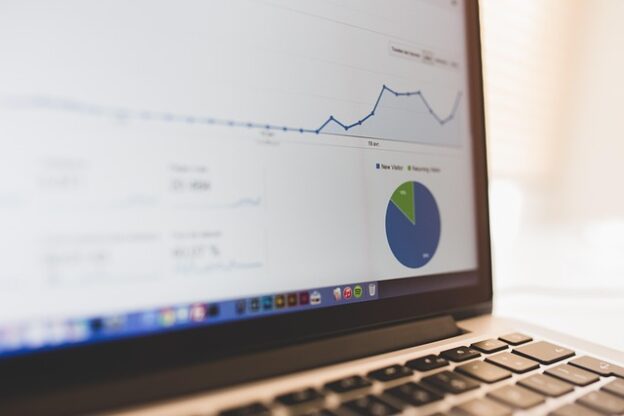A balance sheet, along with a Profit & Loss statement (P&L) are the two components of professional financial statements. In fact, every lender in our network will request balance sheets, without exception. Yet many of our clients have incomplete or nonexistent balance sheets for their various businesses.
What is a balance sheet? Why do lenders request balance sheets?
Balance Sheet Basics:
- A balance sheet states the book value of all your assets (including land, property and cash on hand.) The assets also incorporate accounts receivable, which will be expected previously contracted income.
- Liabilities are also delineated. These include short-term and long-term debt. This debt can be mortgages, a Small Business Administration Economic Injury Disaster Loan (EIDL), as well as smaller non-traditional loans.
- Ultimately, a balance sheet offers a snapshot of the health of your business. Are the assets greater than the liabilities or vice verse?
Why Do Lenders Request a Balance Sheet:
• The business being purchased or refinanced. If you are purchasing or refinancing an existing business, the lender wants to know if it is profitable. The P&L only provides a partial picture. Lenders are particularly trying to determine your DSCR or Debt Service Coverage Ratio. This means how much you are paying for financing.
• Other businesses you own. If you own or manage other businesses (usually ownership of 20% or more), lenders want more information. They will typically ask for recent tax returns and current financials. Again, they will want a balance sheet to determine your global cash flow.
• How do Business debt Schedules differ from Balance Sheets? Business debt schedules give more detailed information about long-term liabilities. This includes the history of the loan, the interest rate, the maturity date and the current balance. The balance on the Business Debt Schedule should match the balance on the Balance Sheet.
• My accountant doesn’t provide balance sheets. What should I do? Insist on balance sheets from now on. Your financial reporting simply isn’t complete with them. If you know you will be seeking financing, inform your accountant right away. Let them know you will soon be needing balance sheets. Lenders typically request full financials for any years in which tax returns have not yet been filed.
• The business I am purchasing or refinancing has an EIDL. Is that a problem? Not usually. EIDL’s should always be in good standing. Be diligent in making payments on these low interest loans. Purchasing a business with an EIDL may require paying off the EIDL, If you would like more information about dealing with current EIDL loans in future financing arrangements, click here.
If you are considering a loan for purchase or refinance or construction and would like to discuss your plans, feel free to contact our team. We can conduct a business evaluation and even prequalify you for a loan at no cost to you.



 Get Started
Get Started